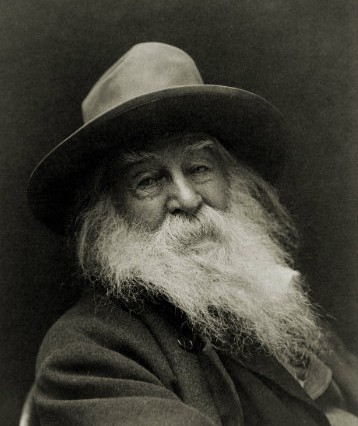Introduction
Born on Long Island, New York, Walter “Walt” Whitman (1819–92) worked at various times as a journalist, a teacher, a government clerk, and, during the Civil War, a volunteer nurse in Washington, DC. In his late 20s, Whitman became determined to establish himself as a great poet, and in 1855, self-published his first collection of poems, Leaves of Grass—a work he would continue to edit and revise until his death. This version of “I Hear America Singing,” in which Whitman explores both the individual and collective nature of work, is taken from the 1867 edition of Leaves of Grass; an earlier version appeared in the 1860 edition.
What, according to the poem, is the relation between working and singing? In what sense do we “sing” in our work? To what extent does our work express our individual identity: “Each singing what belongs to him or her and to none else”? What does it mean to suggest that the singing of America comprises the various songs/works of its distinctive individuals? Does America have, in addition, a common “song” or work?



Post a Comment